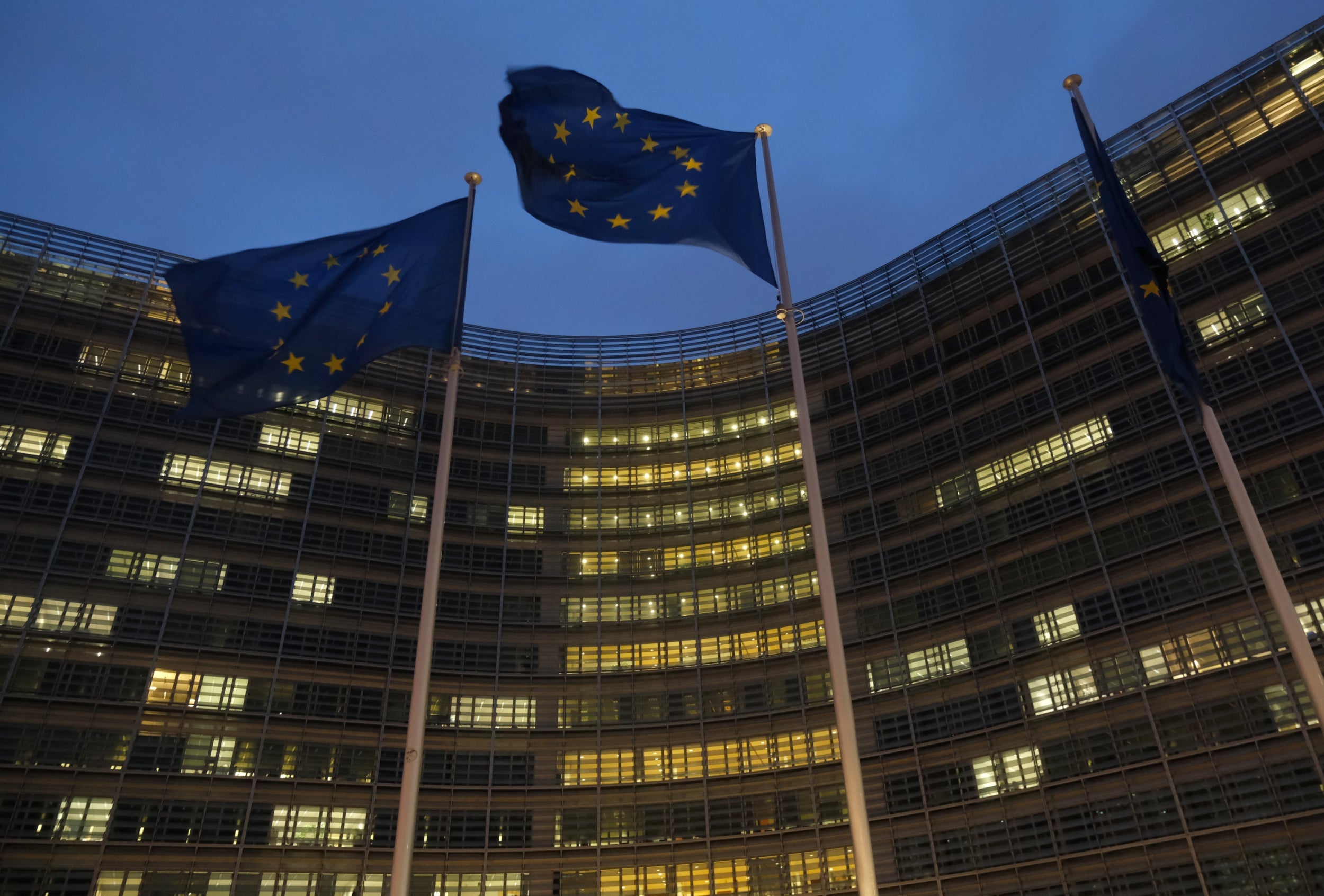Your support helps us to tell the story
From reproductive rights to climate change to Big Tech, The Independent is on the ground when the story is developing. Whether it's investigating the financials of Elon Musk's pro-Trump PAC or producing our latest documentary, 'The A Word', which shines a light on the American women fighting for reproductive rights, we know how important it is to parse out the facts from the messaging.
At such a critical moment in US history, we need reporters on the ground. Your donation allows us to keep sending journalists to speak to both sides of the story.
The Independent is trusted by Americans across the entire political spectrum. And unlike many other quality news outlets, we choose not to lock Americans out of our reporting and analysis with paywalls. We believe quality journalism should be available to everyone, paid for by those who can afford it.
Your support makes all the difference.British and EU negotiators are making some progress on side-issues in Brexit trade talks but are still unable to find common ground on the big issues – with just a week to go until a make-or-break summit.
With the clock ticking down to the European Council meeting, EU diplomats from member states have been briefed by the Commission that the two sides are close to a deal on social security rights.
A round of talks last week were described as "one of the most positive so far" by diplomats, the Reuters news agency reports.
"We seem to be getting closer and closer to a deal, even though the no-deal rhetoric in public might suggest the opposite," an optimistic EU source told the news agency.
But EU and UK officials sounded a note of caution on the reports. One on the EU side said the claims of significant progress were not coming from Michel Barnier's team, while a UK official warned: "A deal is possible but not certain."
Another EU source told The Independent that progress on social security issues was "hardly a key topic" and that there were still "big gulfs on the big issues".
These major sticking point are the issue of fishing rights, and the extent to which the UK would align to EU rules – the so-called "level playingfield".
It is these two issues that have seriously dogged talks, and which will require one side at least to move politically to unblock.
Boris Johnson has said the UK will drop out of negotiations if nothing has been agreed by the end of next week's summit, which is due to take place on Thursday and Friday.
The EU side, too, says the end of the month is the last date a deal can realistically be agreed and then implemented in time to prevent a no-deal exit from the single market and customs union at the end of the year.
Britain is trying to negotiate a free trade agreement with the EU in record time to replace the benefits it enjoys from the economic trappings of EU membership. These benefits will end on 31 December when the transition period ends, following the "political" Brexit at the beginning of this year.
But even if a deal is agreed, the limited scope of the plan means there will be economic disruption, such as new border checks at ports. An agreement would be however expected to reduce or eliminate the need for the UK to pay tariffs and stick to EU quotas, which countries outside the block without agreements all have to follow.


Join our commenting forum
Join thought-provoking conversations, follow other Independent readers and see their replies
Comments